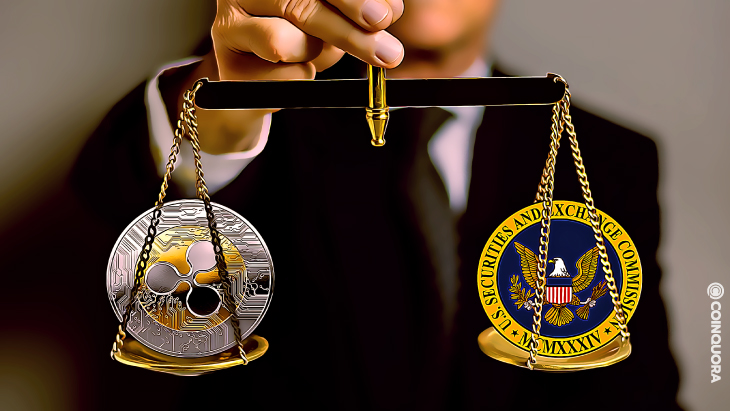- Charles Hoskinson clarifies why he believes that a Ripple-SEC settlement could harm the entire crypto sector.
- He advocates for a legal victory to resist the SEC’s overreach and protect the industry.
- Hoskinson questions whether a localized settlement or a broader resolution benefits the crypto space.
In a surprise Ask Me Anything (AMA) session over the weekend, Charles Hoskinson, the founder of Cardano, responded to a question about why he had previously stated that a settlement between Ripple and the Securities Exchange Commission (SEC) would be catastrophic for the crypto sector.
Hoskinson explained his perspective, emphasizing the need to consider the implications of such a settlement carefully. “I know the XRP people sometimes have trouble with this, but let’s take a step back and really think it through,” Hoskinson noted.
Specifically, Hoskinson explained that if Ripple were to settle with the SEC, it would implicitly acknowledge that XRP was indeed a security. He argued that while this might resolve immediate issues for Ripple, it could also legitimize and empower the SEC to pursue similar arguments against other Layer 1 crypto projects.
In contrast, Hoskinson noted that if Ripple were to win the court cases ultimately, it would demonstrate that the SEC’s claims were inaccurate. He believes the victory could reinforce the industry’s ability to resist the SEC’s regulatory overreach and enforcement-driven approach.
Hoskinson posed a crucial question to his audience. He asked whether they would prefer a localized victory, like the settlement in the case of Block.one, which benefits only a specific ecosystem, or a resolution that benefits the entire crypto space.
Notably, in 2019, the SEC settled charges against the blockchain technology firm Block.one for conducting an unregistered initial coin offering. The regulator ordered a penalty of $24 million against the firm.
Meanwhile, the Cardano founder mentioned that given the significant time, effort, and resources invested in building the crypto industry, losing a foundational defense against regulatory pressure would be catastrophic.
He further highlighted the inconsistency in the SEC’s actions against crypto firms. Hoskinson mentioned the case of Coinbase, where the company was permitted to conduct an IPO in 2021, providing detailed information about its business model. However, two years later, the SEC filed a lawsuit against Coinbase for the very same business model, effectively disregarding their prior approval.
Disclaimer: The information presented in this article is for informational and educational purposes only. The article does not constitute financial advice or advice of any kind. Coin Edition is not responsible for any losses incurred as a result of the utilization of content, products, or services mentioned. Readers are advised to exercise caution before taking any action related to the company.










